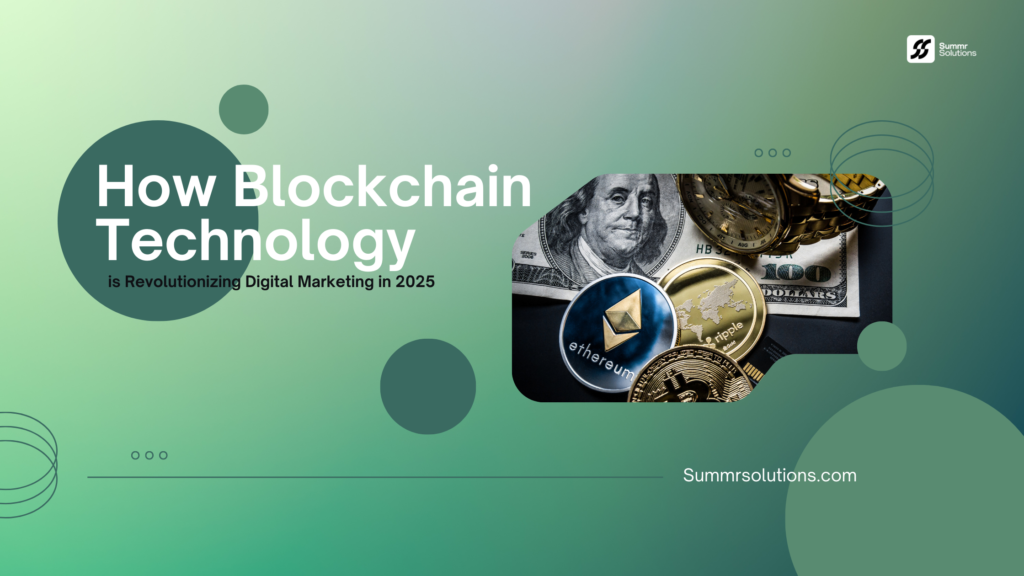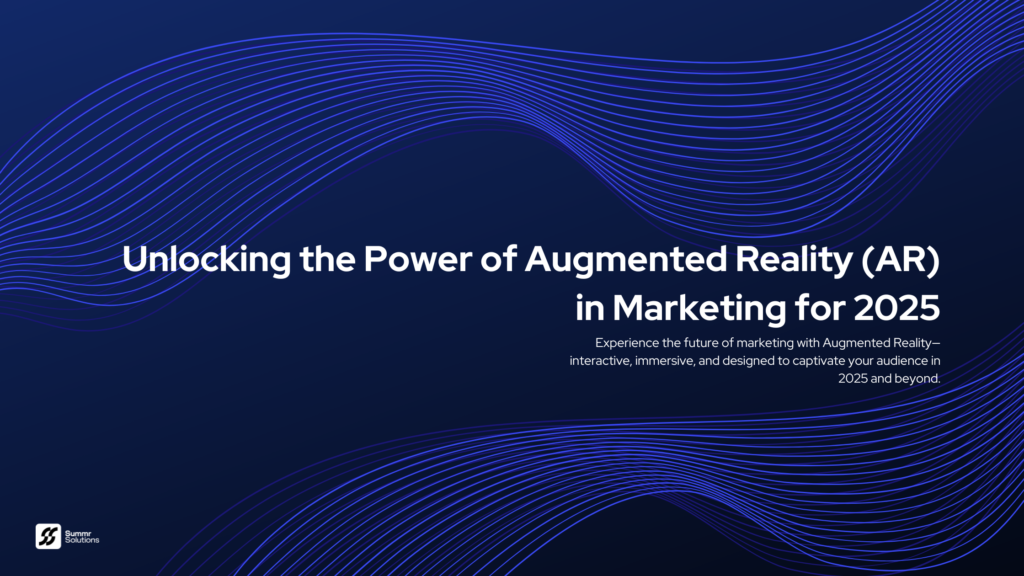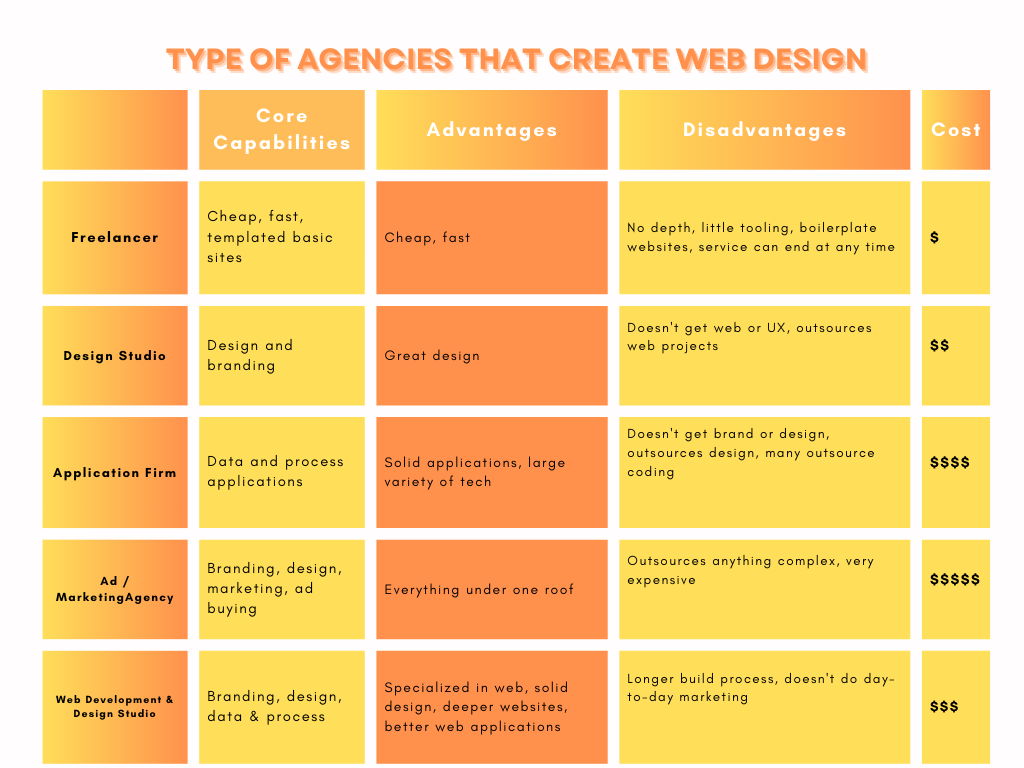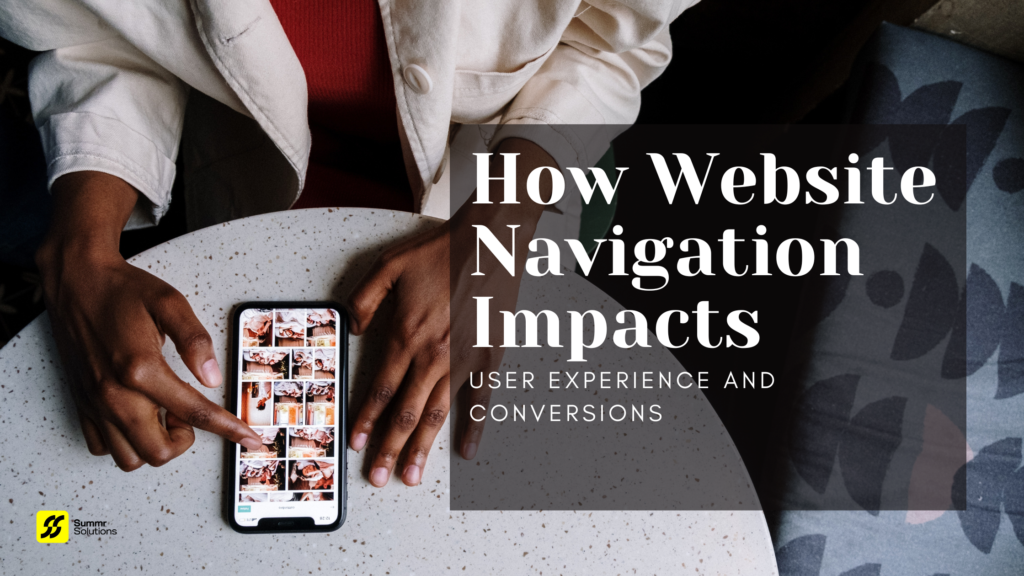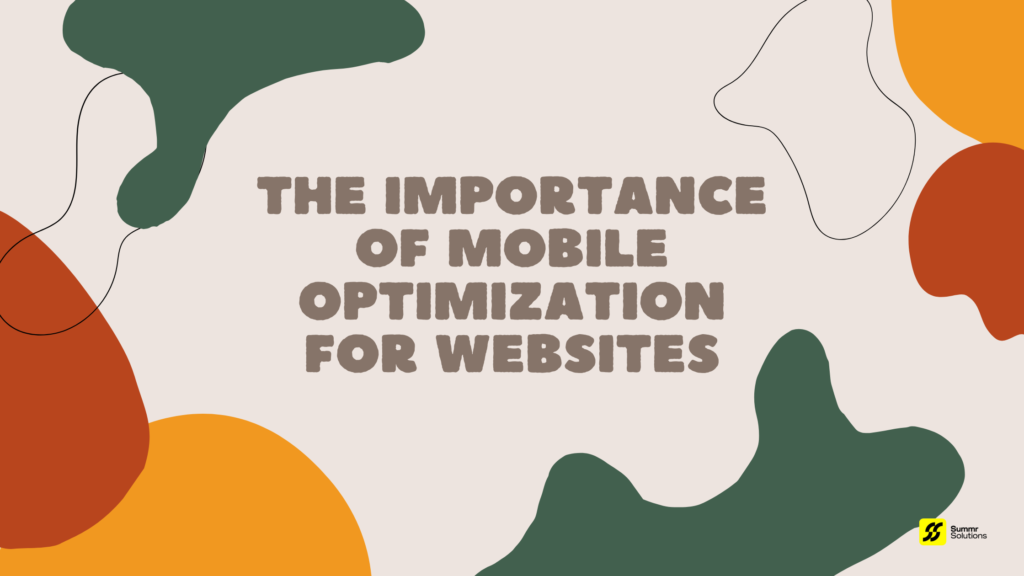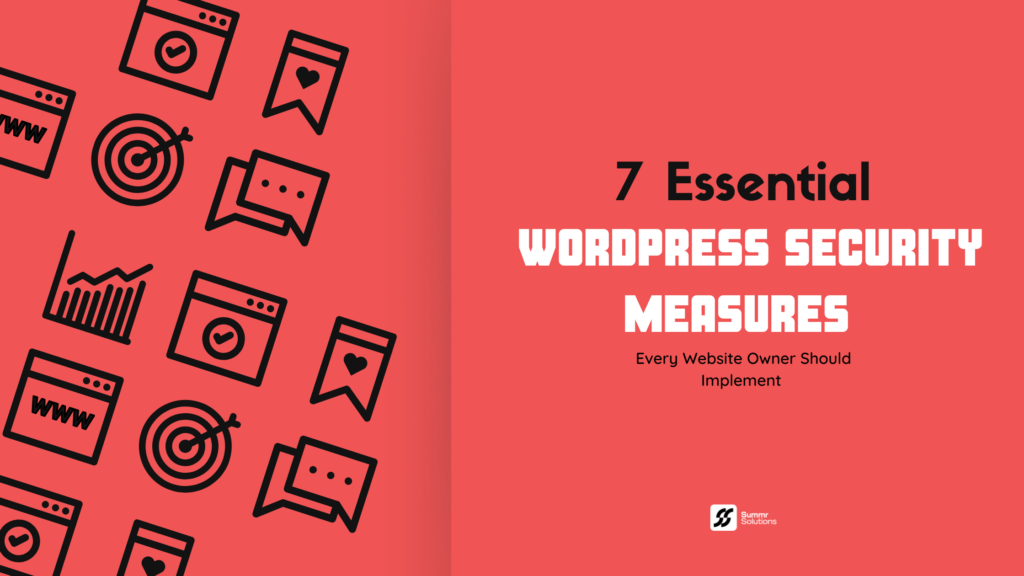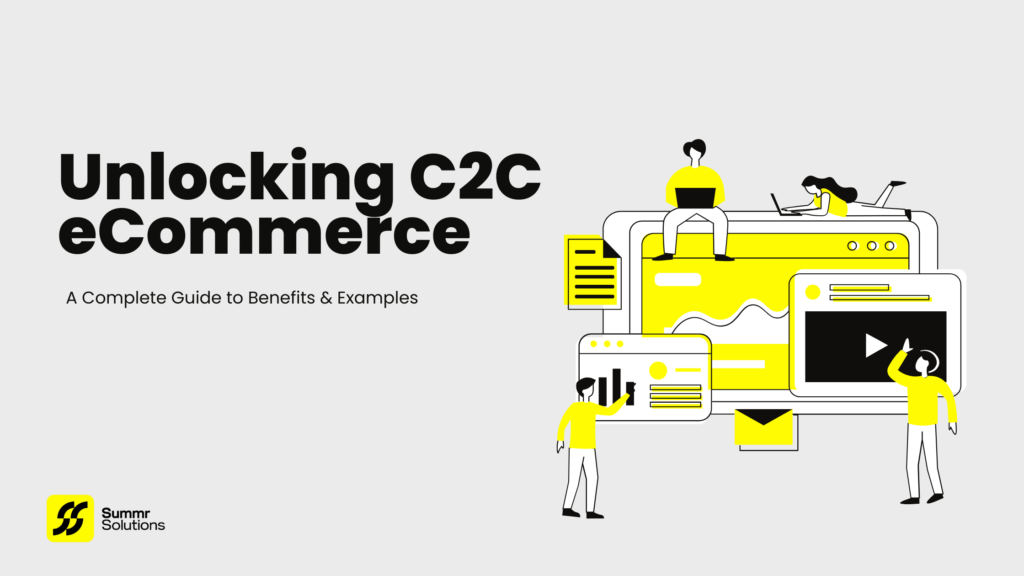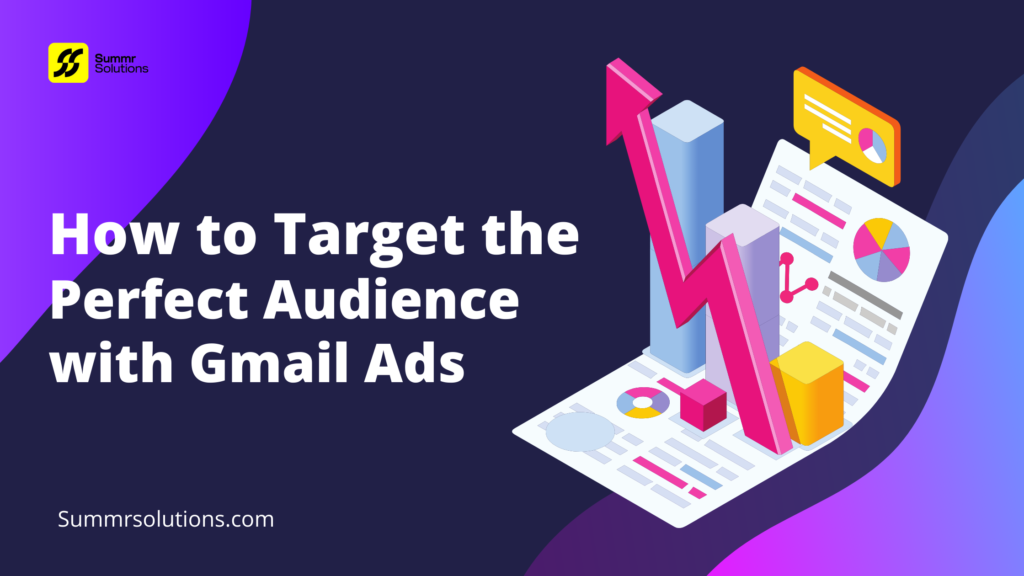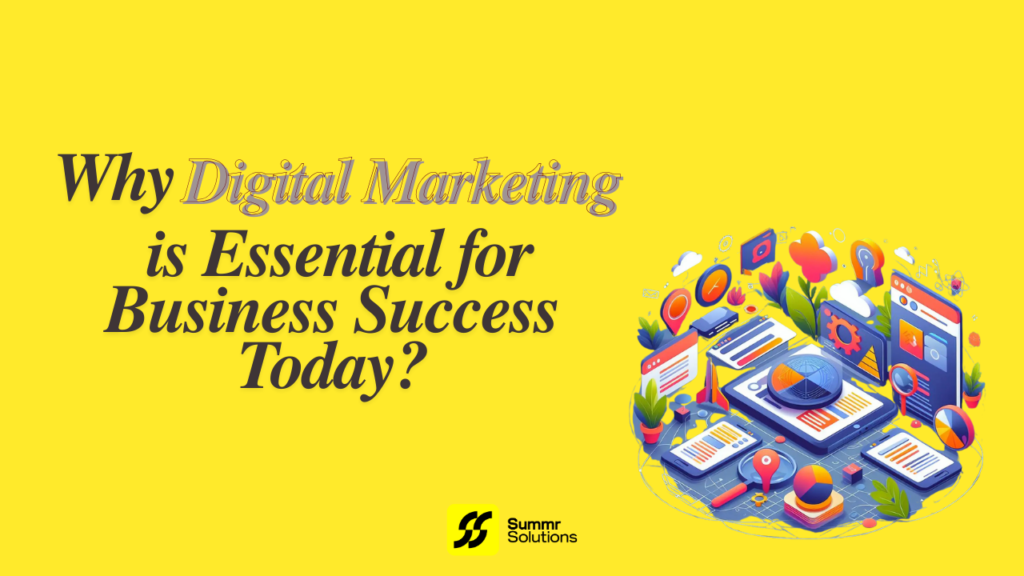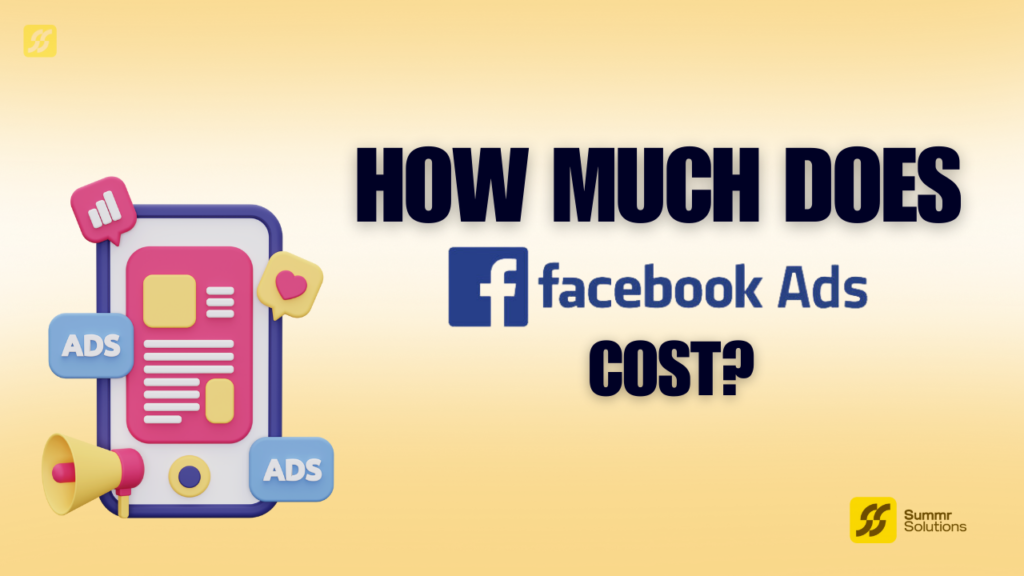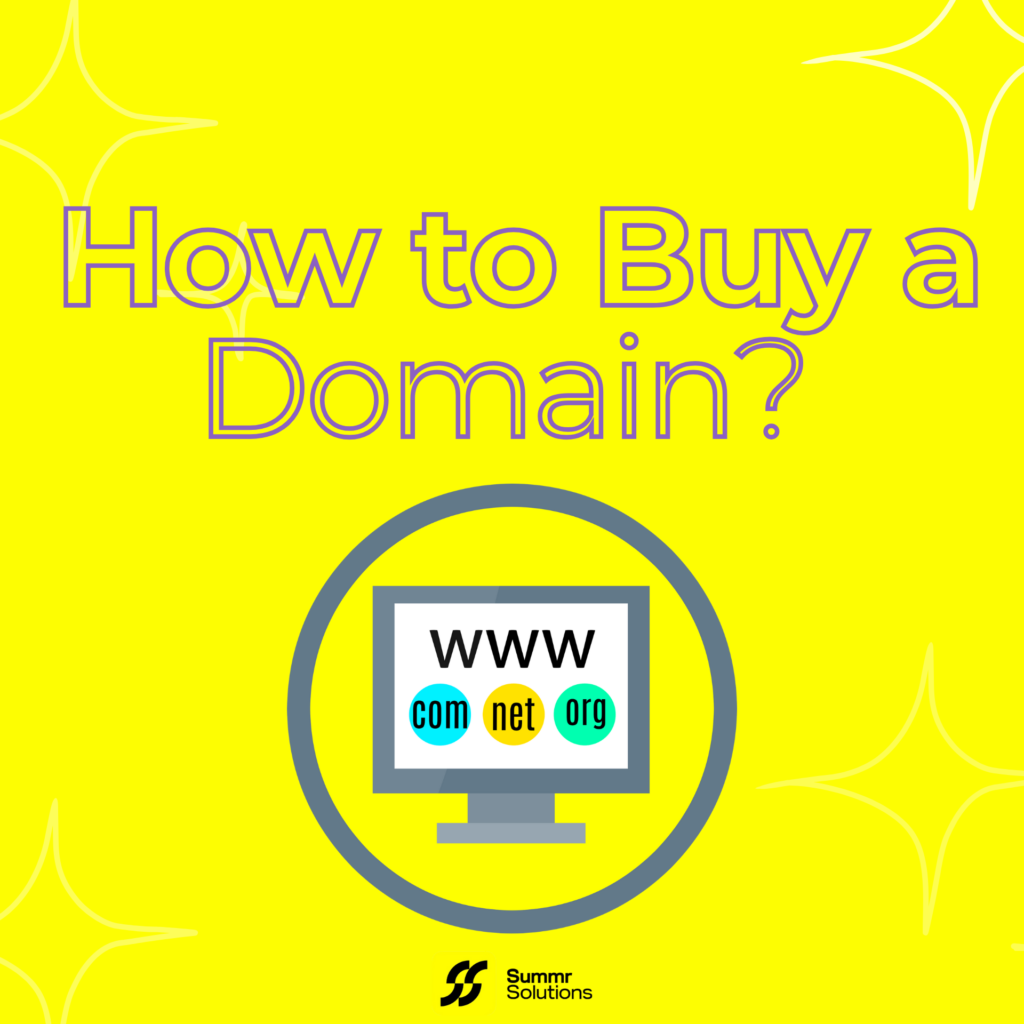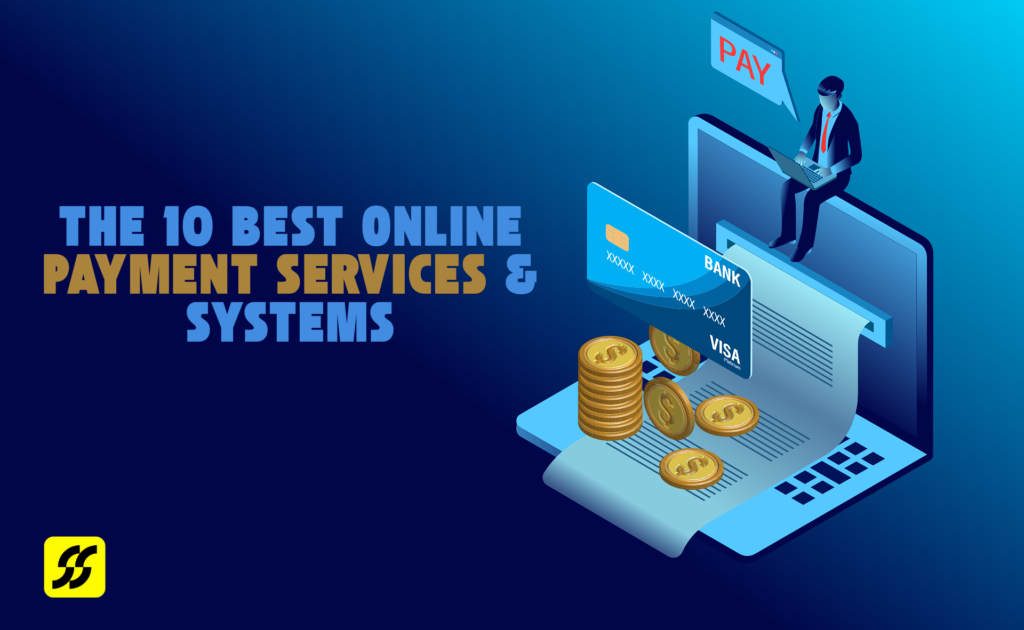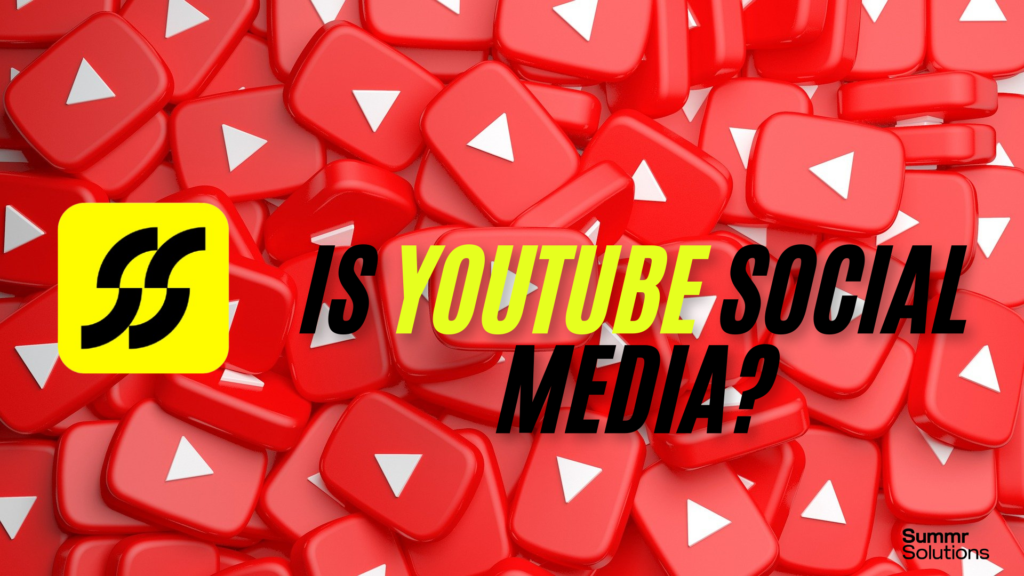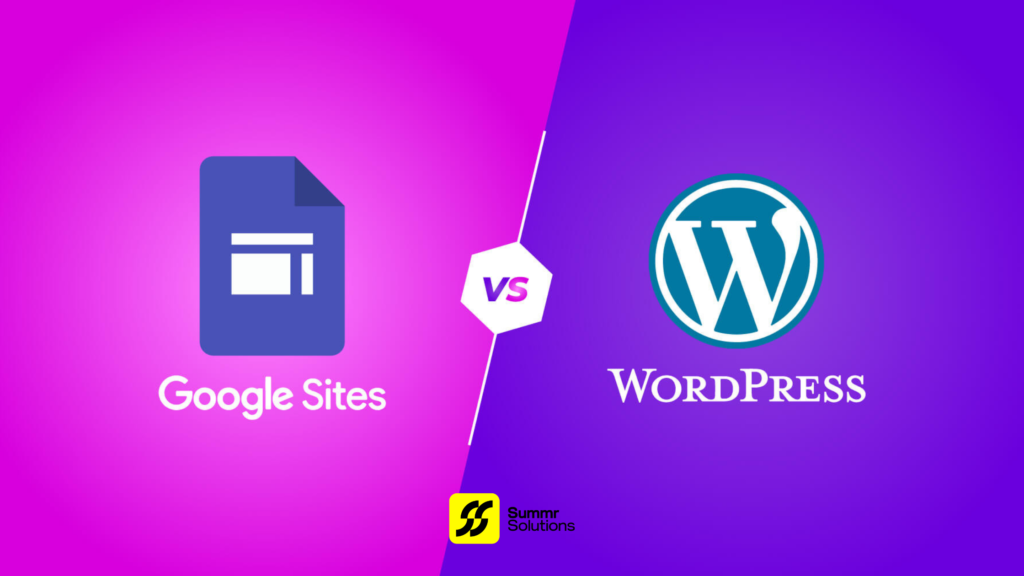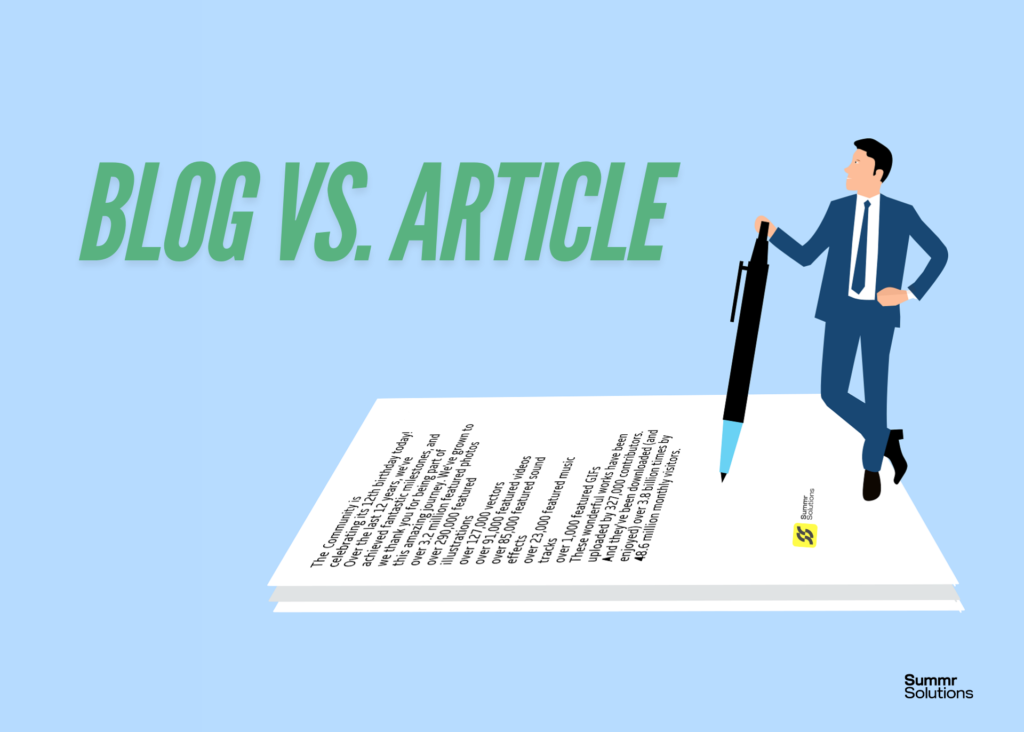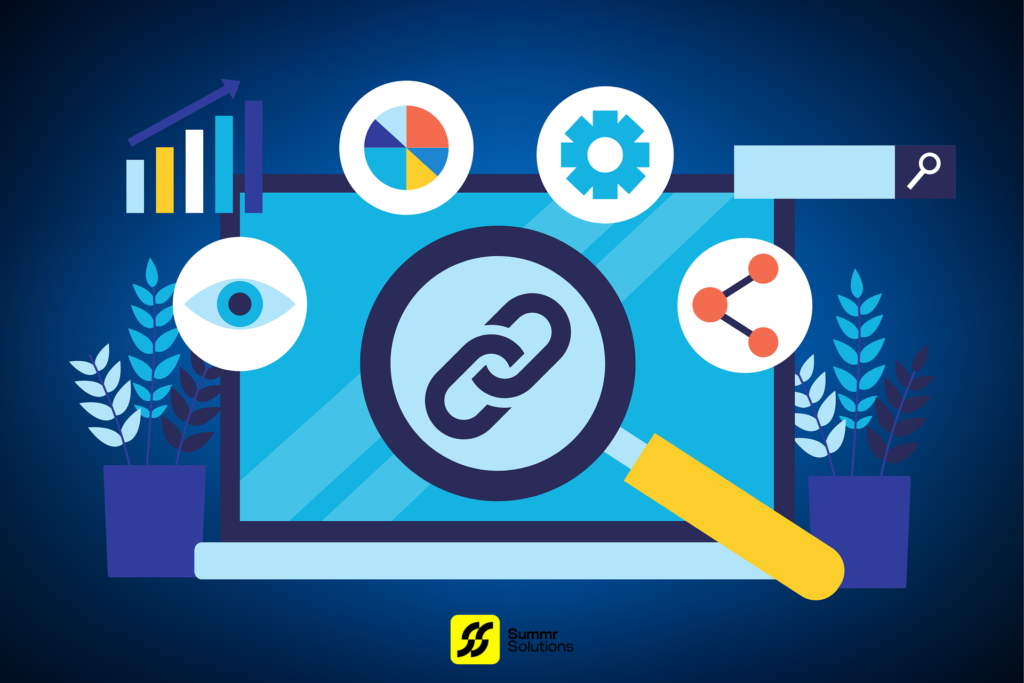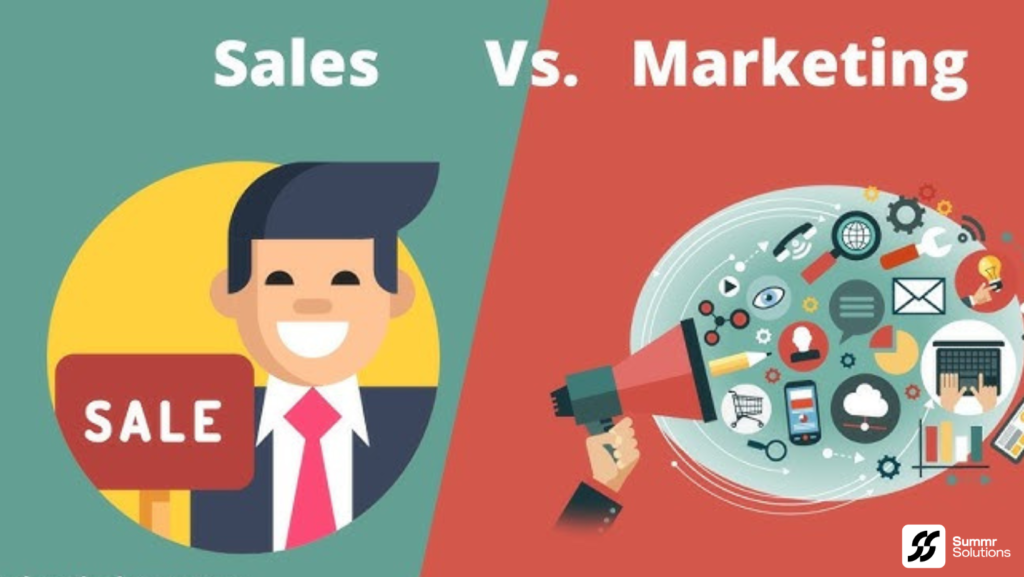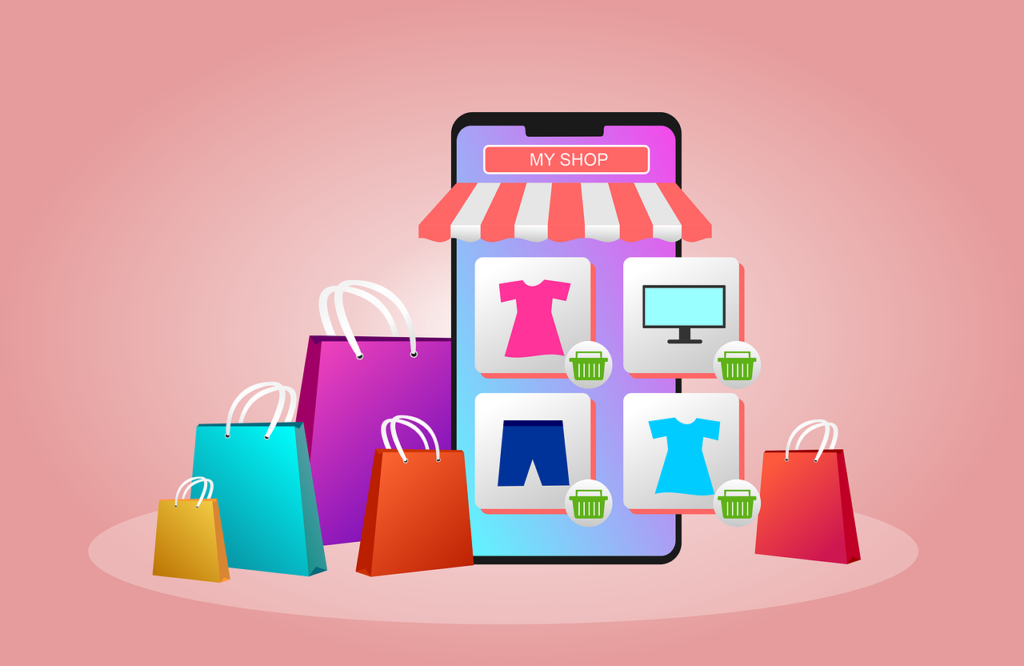Blockchain technology, the backbone of cryptocurrencies like Bitcoin and Ethereum, is rapidly transforming industries beyond finance. In 2025, digital marketing stands as one of the key sectors poised for disruption. Blockchain offers unprecedented levels of transparency, security, and efficiency, making it a critical tool for marketers looking to build trust and optimize their campaigns.
In this post, we’ll explore how blockchain is reshaping digital marketing, from combating ad fraud to enhancing data privacy, and how your business can stay ahead in this new era.
1. Combating Ad Fraud
Ad fraud continues to plague the digital marketing industry, costing advertisers billions annually. Fraudulent practices like fake clicks, bot traffic, and falsified impressions dilute the effectiveness of ad campaigns. Blockchain technology provides a solution by creating an immutable, transparent ledger for tracking ad interactions.
How it Works
- Blockchain verifies every ad impression and click in real time, ensuring that only genuine user interactions are recorded.
- Advertisers can trace the journey of their ad spend, from publisher to user engagement, eliminating middlemen and fraudulent activities.
Case Study
Lucidity, a blockchain-based ad verification platform, has successfully helped brands reduce ad fraud by offering real-time insights into campaign performance and eliminating discrepancies.
Impact: Marketers gain greater confidence in their campaigns, knowing they’re paying only for authentic results.
2. Redefining Data Privacy
In an era of increasing concern over data privacy, blockchain offers a revolutionary approach to how customer data is collected, stored, and shared. Unlike traditional systems where data is controlled by central entities, blockchain enables decentralized and transparent data management.
Benefits for Marketers and Consumers
- User Control: Consumers can grant explicit consent for data use, building trust with brands.
- Transparency: Marketers can ensure compliance with data protection regulations like GDPR and CCPA.
- Security: Data stored on blockchain is encrypted and immutable, reducing the risk of breaches.
Example in Action
Platforms like Datawallet allow users to share their data directly with companies, receiving compensation in exchange. This creates a win-win scenario where consumers profit from their data, and marketers gain access to accurate, high-quality insights.
3. Enhancing Influencer Marketing
Influencer marketing, while highly effective, often suffers from issues like inflated metrics and fake followers. Blockchain introduces a new level of accountability and transparency to this domain.
How Blockchain Transforms Influencer Campaigns
- Verified Engagement: Blockchain tracks all interactions, ensuring metrics like likes, shares, and clicks are genuine.
- Smart Contracts: Payments are automated through smart contracts, ensuring influencers are compensated only after meeting agreed-upon milestones.
Real-World Example
TokenCuratedRegistries (TCRs) are blockchain-based systems where influencers are ranked based on verified performance, helping brands identify trustworthy collaborators.
Impact: Blockchain ensures brands can measure ROI accurately while eliminating risks associated with fraudulent influencers.
4. Revolutionizing Loyalty Programs
Traditional loyalty programs often face challenges such as limited redemption options, lack of flexibility, and inefficiencies in managing rewards. Blockchain addresses these issues by creating decentralized loyalty ecosystems.
Advantages of Blockchain-Based Loyalty Programs
- Interoperability: Customers can earn and redeem points across multiple brands.
- Transparency: Blockchain ensures every transaction is visible and tamper-proof, reducing disputes.
- Efficiency: Smart contracts automate reward distribution, eliminating administrative delays.
Success Story
Loyyal, a blockchain-based loyalty platform, has partnered with brands to create programs that enhance customer retention and engagement by offering flexible, secure rewards.
5. Decentralized Content Platforms
Content creators often face challenges such as unfair revenue distribution and lack of ownership over their work. Blockchain is empowering creators through decentralized platforms where they are directly rewarded by their audience.
Key Features
- Fair Compensation: Creators earn revenue directly, without intermediaries taking a cut.
- Immutable Ownership: Blockchain records ensure content ownership is transparent and secure.
Example Platforms
- Steemit: A blockchain-powered blogging platform where creators earn cryptocurrency for their content.
- LBRY: A decentralized platform enabling creators to monetize videos, music, and other digital assets.
Impact: Decentralized platforms are fostering a more equitable digital ecosystem, where creators and consumers benefit directly.
6. Blockchain in Programmatic Advertising
Programmatic advertising is rife with inefficiencies due to middlemen inflating costs and creating delays. Blockchain optimizes this process by enabling direct, transparent transactions between advertisers and publishers.
Benefits
- Cost Reduction: Eliminates intermediaries, reducing ad placement costs.
- Real-Time Insights: Blockchain provides accurate, up-to-date campaign performance data.
- Improved Targeting: Marketers can access high-quality, consent-based user data for better targeting.
Example
AdChain, a blockchain platform for programmatic advertising, ensures ad placements are verified and transparent, improving overall efficiency.
How to Get Started with Blockchain in Marketing
- Adopt Blockchain Ad Platforms: Platforms like Lucidity and AdChain offer easy entry points for fraud-free advertising.
- Leverage Blockchain Loyalty Programs: Partner with platforms like Loyyal to create flexible, engaging rewards for your customers.
- Explore Decentralized Platforms: Experiment with blockchain-based content platforms to reach new audiences and build credibility.
- Educate Your Team: Invest in training to help your marketing team understand and implement blockchain effectively.
Challenges to Consider
While blockchain holds immense potential, it’s essential to approach it with an informed perspective:
- Scalability: Blockchain networks can face scalability issues as user numbers grow.
- Adoption Curve: Educating customers and stakeholders about blockchain can take time.
- Initial Costs: Implementing blockchain solutions may require upfront investments in technology and expertise.
The Road Ahead
Blockchain technology is no longer a niche tool—it’s a transformative force shaping the future of digital marketing. As transparency, trust, and data security become top priorities for businesses and consumers alike, blockchain offers solutions that align perfectly with these demands.
By 2025, blockchain is expected to become a standard feature in marketing strategies, driving innovation and efficiency across industries. Marketers who adopt this technology early will gain a competitive edge, building stronger relationships with their audience while optimizing their campaigns.
Closing Thoughts
Blockchain is more than a trend—it’s a foundational shift in how digital marketing operates. From eliminating ad fraud to enhancing data privacy and loyalty programs, the possibilities are endless.
CTA: Ready to future-proof your marketing strategy? Partner with Summr Solutions to explore innovative blockchain solutions that drive results.


